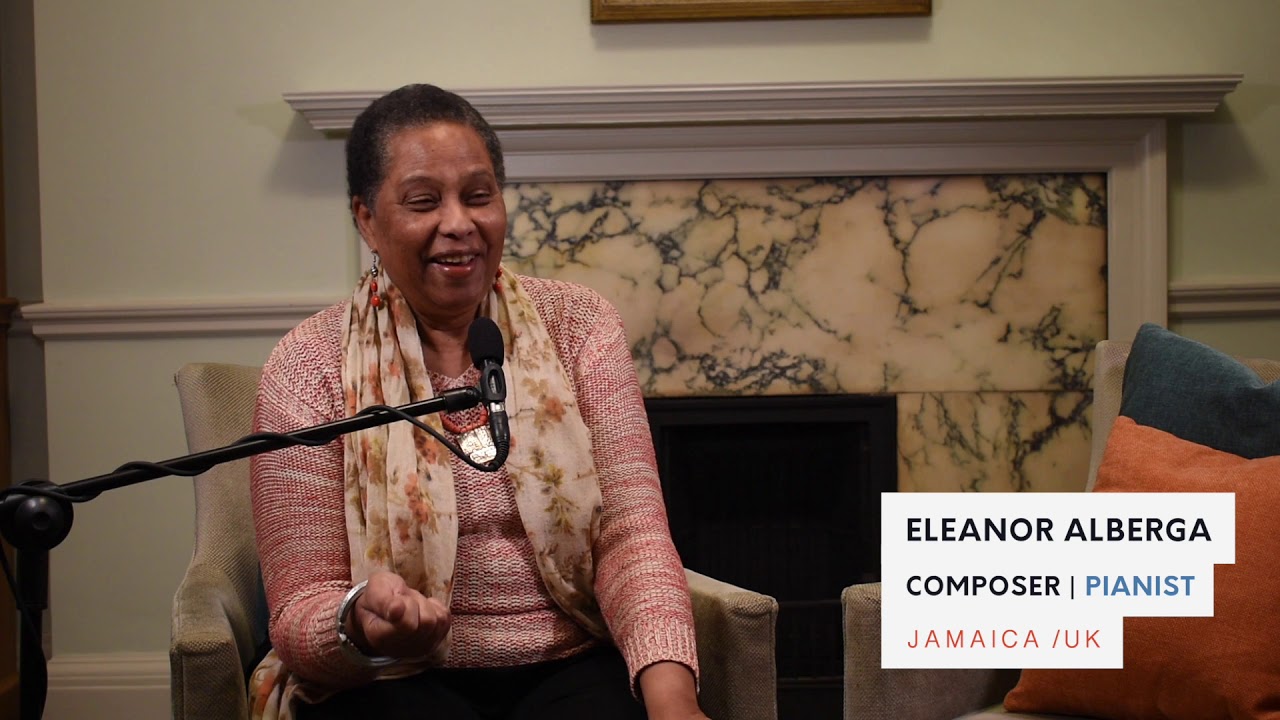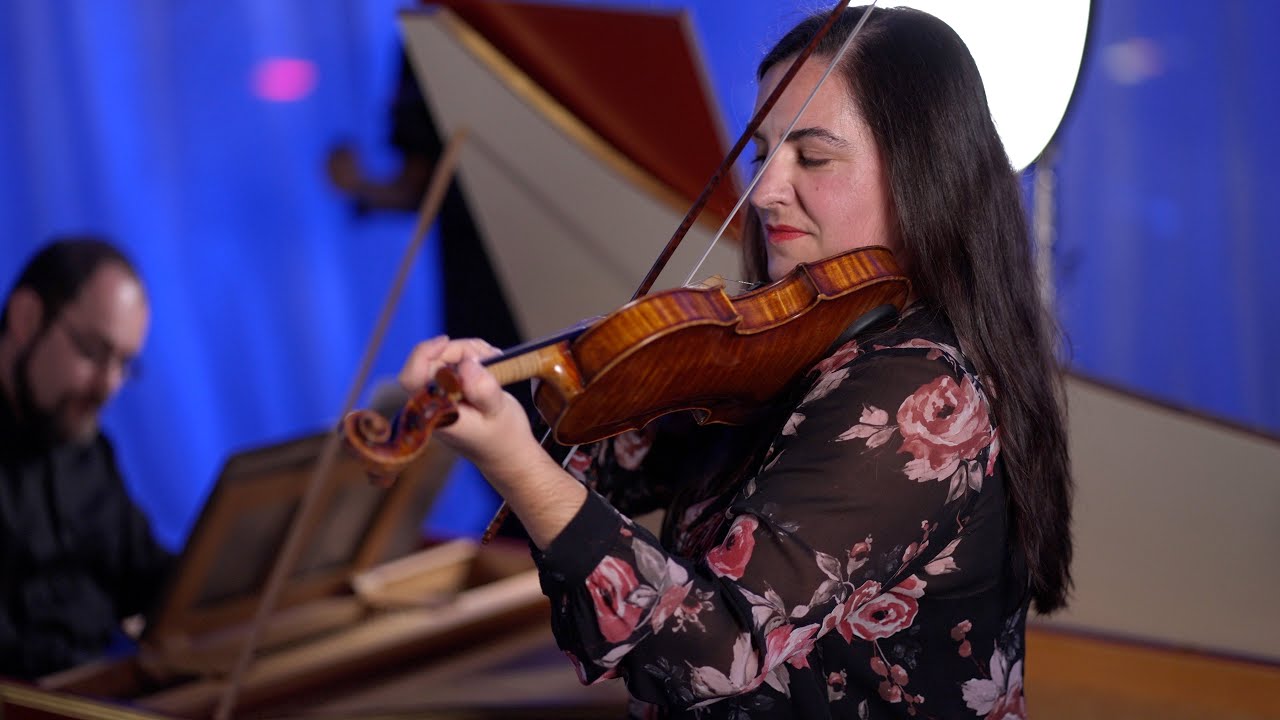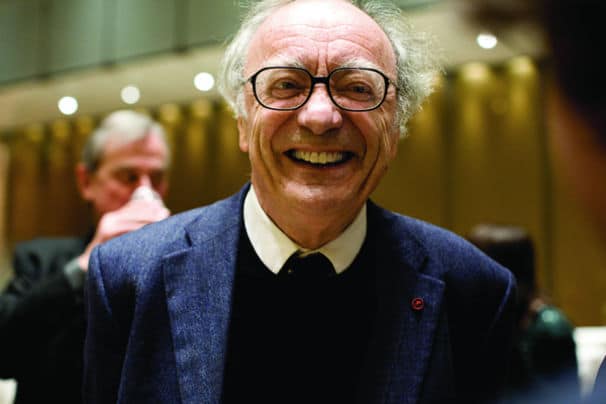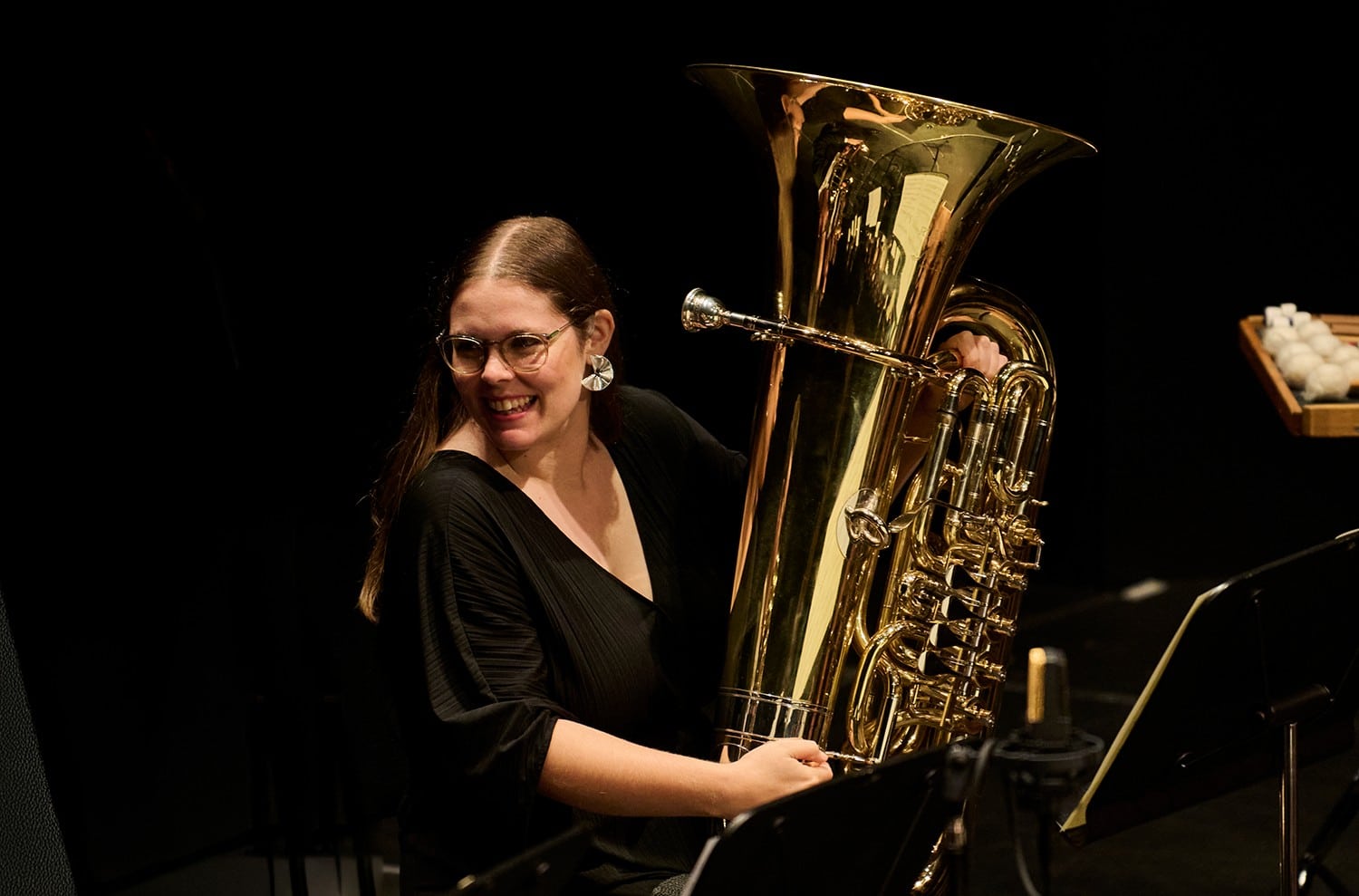5 UK composers win £60,000 Paul Hamlyn awards
mainThe composers Eleanor Alberga, Laura Jurd, Mark Lockheart, Nathaniel Mann and Shiori Usui have received Paul Hamlyn awards.
Each award offers recipients £60,000 over three years – with no obligations or conditions as to how the money is used. Not only the largest award of its kind in the UK, this ‘no strings attached’ approach sets the awards apart from other schemes by giving artists the time and freedom to develop their creative ideas and to further their personal and professional growth.







Always the women getting special treatment based on their gender, not their talent.
Also talent is a minority. Women however, not.
Are you able to back up your rather biased remark with evidence or is it just that – bias?
Well done and good luck to all of them!!
Do you mean Mark or Nathaniel?
And very restrained of you not to suggest that it was ethnicity that resulted in awards to Eleanor Alberga and Shiori Usui. One bias at a time is the way to go.
I was asking Gustav whether it was Mark or Nathaniel who was “getting special treatment based on their gender.”
My comment was meant to appear as response to Gustav. Sloppy posting on my part.
Before making any judgment, one should hear what these composers are actually writing:
Eleanor Aberga:
https://eleanoralberga.com/?page_id=315
Laura Jurd:
https://www.youtube.com/watch?v=DHPoQ26t6M8
Mark Lockheart:
https://www.youtube.com/watch?v=oUkmZn6NgPg
Nathaniel Mann:
https://www.youtube.com/watch?v=LMJjWOqkoLg
Shiori Usui:
https://www.youtube.com/watch?v=ewefFJ5aL8I
All this is very interesting. To avoid any shocked indignation, best is to approach this post not from a musical, but from a cultural-anthropological position.
Jurd and Lockheart are some kind of jazz/pop composers, Mann and Usui produce concept sonic art; Aberga writes postmodernist hip. None of them show any relationship with serious musical culture, and only Aberga relates to the ‘modern music territory’ as it has developed as an alternative circuit to classical music since the sixties of the last century. From this awarded group, only Aberga can claim serious consideration if the awards were meant for music.
After digesting one’s impressions, the only fair conclusion can be that personal growth is indeed the thing all these people need, and one should be appreciative of the Paul Hamlyn Foundation that they want to make such perilous trajectory, which cannot be embarked upon without money, possible.
So far, cultural anthropology.
My personal, rather cultural impression however, is that they need much more money if they need it to develop.
Before making a judgement on what these composers are writing, one should bear in mind that the Paul Hamlyn awards are not classical composer commissions. They are for artists from all disciplines.
Here’s my one-click research, from the foundation’s website:
“Our mission is to help people overcome disadvantage and lack of opportunity, so that they can realise their potential and enjoy fulfilling and creative lives.
We have a particular interest in supporting young people and a strong belief in the importance of the arts.”
OK, fair enough. The notion of ‘arts’ has been taken in a very generous way.
John Borstlap:
https://www.youtube.com/watch?v=Iv1r3vPVlu8